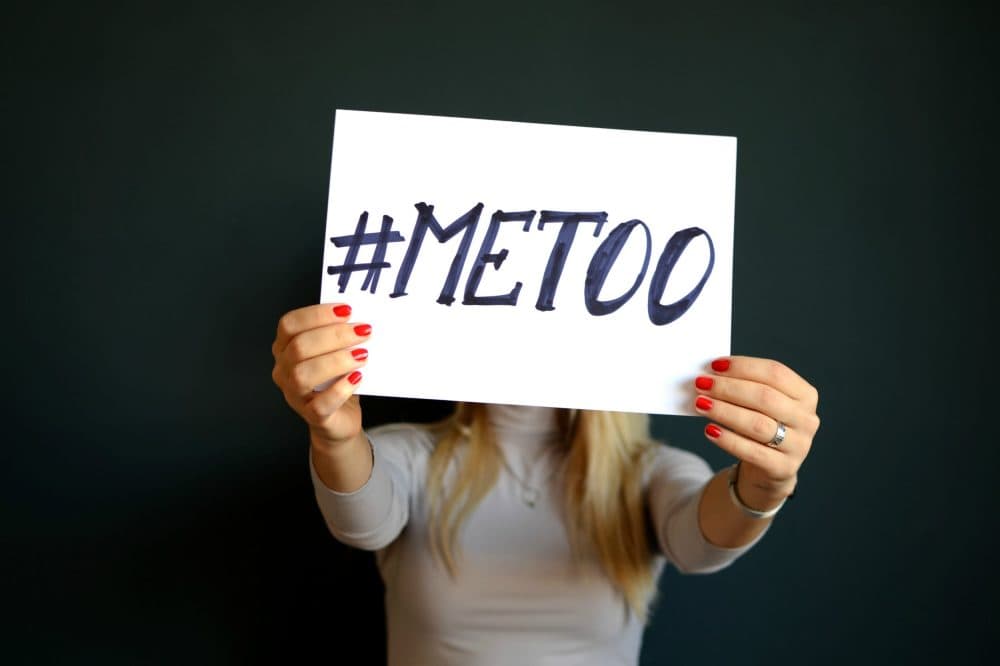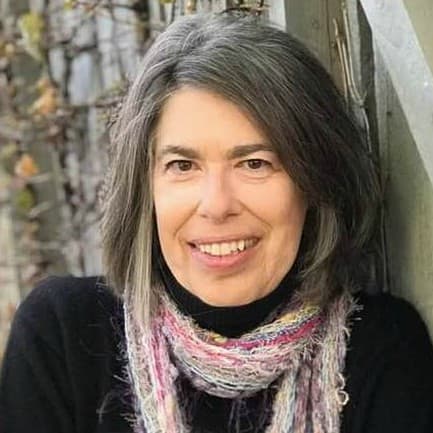Advertisement
Commentary
#MeToo Is Clumsy, Crucial And Long Overdue

The backlash to #MeToo, like the backlashes to every revelation of sexual abuse in the United States for the past 50 years, has focused on an alleged witch hunt; ruining the lives of many innocent men; relegating women to an outdated paradigm of victimhood, and threatening everyday sexuality.
I don’t see it that way.
For me #MeToo is necessary, long overdue and, at the moment, addressing only the tip of the iceberg.
As a child, I was molested by my nanny’s husband. As a city girl using public transportation to get to school, men masturbating in the subways, parks and streets were an unavoidable feature of my life. As a 26-year-old token woman in New York University’s journalism department, I was pre-emptively warned not to seduce students, then, repeatedly propositioned by my 62-year-old office mate, and treated to frequent sexual jokes by my Chair.
At 70, I’m a veteran of #MeToo, all too familiar with the undermining effects of trauma on the victim’s sense of reality: Did this happen? Really? How can I be sure? Who will believe me? What can I do about it anyway? It’s history. Forget it.
But few forget it. Psychologists, neuroscientists, and biochemists now know that trauma changes our bodies and our sense of self in the world. It injures, violates, damages, devalues. But, above all, it — paradoxically — instills a sense of shame in the victim rather than in the perpetrator. Men and women stay in the closet about “what happened.” They try to forget it. They are loath to name it. They don’t talk about it. They don’t want it made public. Even a massive collective trauma such as the Holocaust had the effect of silencing many survivors about their experience for decades before best-selling books and television shows publicized their experiences. Even then, many remained ambivalent about coming out of the closet.
Until very recently, the onus of making public the private and often traumatic after-effects of sexual predation fell on novelists, memoirists and researchers such as Judith Herman, Ellen Bass and Wendy Maltz who wrote books that readers bought furtively and sometimes carried around in paper bags. Then, in 2002, journalists at The Boston Globe broke the story of systemic sexual predation within the Catholic Church and its devastating consequences for its hundreds of victims. For the first time, as the scandal spread all over the world, what individuals endured in private became public conversation.
Advertisement
As Dr. Herman wrote in her 1992 classic book, "Trauma and Recovery," not only individuals but entire societies have alternated between periods of remembering and forgetting painful traumatic events. Shame, secrecy and silence are the deadly trio that prolongs and abets the effects of trauma. That trio is often enacted by the abuser, the victim, and bystander — or all three. For decades I was barely aware of my own shame, silence and secrecy about sexual trauma even as I wrote about the sequelae of trauma experienced by Holocaust survivors and their families.
The spectrum of sexual trauma ranges from sexual harassment to prolonged sexual abuse, with many stations of injury between them. No one else can measure or judge how much such injury impairs a person, or how he or she will absorb it. When the violence of trauma is experienced collectively, as in the world witnessing the destruction of the Twin Towers, there is no doubt about its reality. It’s documented and forever validated. Trauma experienced in a private context, characterized by the absence of witnesses and validators, undermines the ability to articulate the experience in words.
That’s why Tarana Burke’s two words “Me Too” are so valuable to me. As a small child, I could not formulate the situation of sexual molestation. The language spoken in my home then was Czech; the man in question was an anti-Nazi war hero who had spent six years in a concentration camp and called himself my adopted grandfather; he was my parents’ close friend and, I much later discovered, my mother’s lover.
As a city girl dealing with sexual harassment, often alone, there was not much I could do but run away. No one including my parents could protect me from it unless they personally escorted me everywhere I went. As a token woman professor, dependent on my male colleagues for promotion and tenure (which I earned in 1981), regular sexual harassment was also “real life” which, for years, so many of us have had to put up with whether we work in a factory, restaurant or in the movies.
What #MeToo has done is to start rectifying the balance. It provides that all-important public and collective context for what happens in private. It provides a vocabulary and context for experiences that I have struggled to find words for in private. It provides the validation of thousands of other people to help me and many others integrate their experience of sexual trauma.
